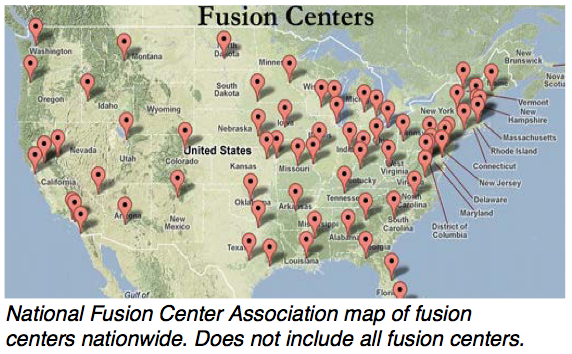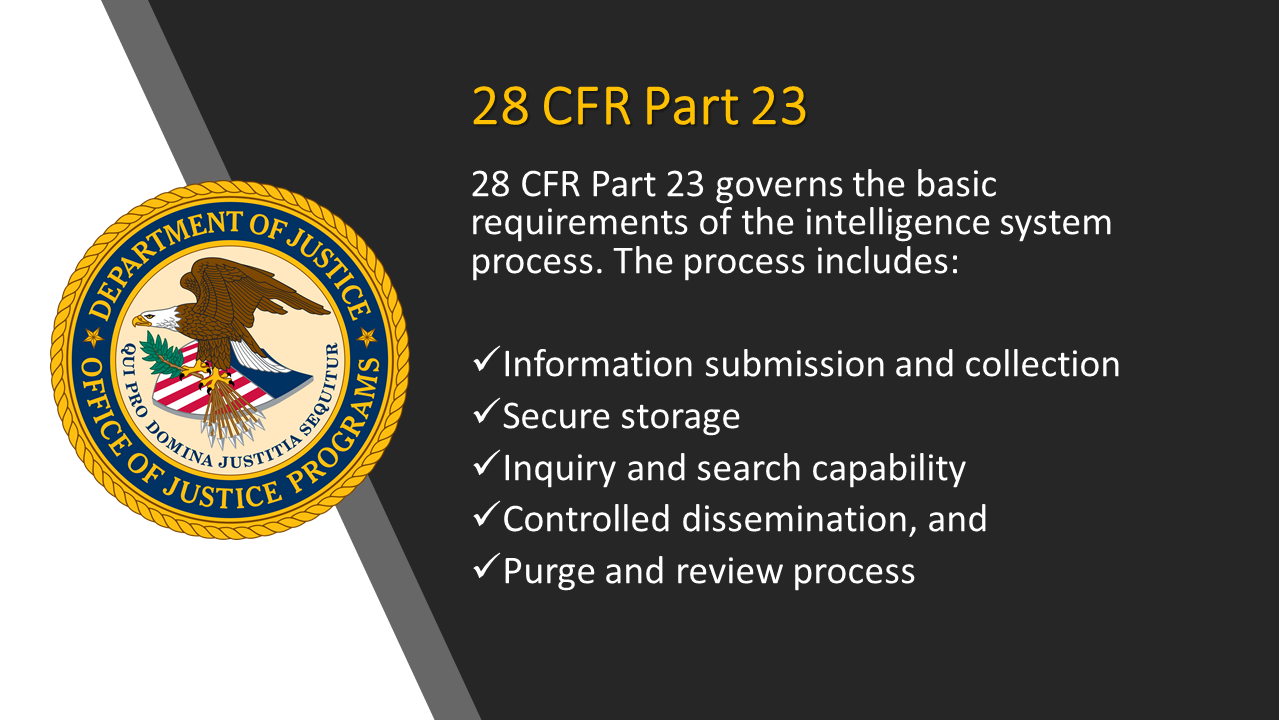 The notion that law enforcement fusion centers regularly violate individuals’ privacy rights as they capture intelligence on gangs, terrorist activities, organized crime, and other threats to public safety is simply not true. That, according to a study published in the Journal of Police and Criminal Psychology.
The notion that law enforcement fusion centers regularly violate individuals’ privacy rights as they capture intelligence on gangs, terrorist activities, organized crime, and other threats to public safety is simply not true. That, according to a study published in the Journal of Police and Criminal Psychology.The paper, “Law Enforcement Fusion Centers: Cultivating an Information Sharing Environment while Safeguarding Privacy,” was authored by Jeremy Carter, an assistant professor of Public and Environmental Affairs at Indiana University-Purdue University Indianapolis. His article carefully addresses the privacy-rights issue of criminal intelligence gathering, among others.
 There are approximately 80 fusion centers in the United States. They were created in response to the 9/11 terrorist attacks. The attacks exposed the requirement for greater information sharing and improved intelligence capabilities at all law enforcement levels. According to the article’s author, the idea was to have the key pieces of data funneled into fusion centers so that highly trained analysts could stay atop of threats and correspond with local law enforcement agencies on these potential threats.
There are approximately 80 fusion centers in the United States. They were created in response to the 9/11 terrorist attacks. The attacks exposed the requirement for greater information sharing and improved intelligence capabilities at all law enforcement levels. According to the article’s author, the idea was to have the key pieces of data funneled into fusion centers so that highly trained analysts could stay atop of threats and correspond with local law enforcement agencies on these potential threats.Designed with a view to enhance information-sharing among agencies, fusion centers act as ‘hubs’ of data and intelligence on gang activities, terrorist cells, organized crime, and other public safety threats. Vast amounts have data has been collected, and concerns about individual privacy and civil rights have ensued. The very legitimacy of these fusion centers has been called into question.
 The notion that law enforcement fusion centers represent ‘Big Brother’, and that data is being stored and disseminated about people irrespective of whether they are suspected of criminal activity is simply wrong, according to Professor Carter.
The notion that law enforcement fusion centers represent ‘Big Brother’, and that data is being stored and disseminated about people irrespective of whether they are suspected of criminal activity is simply wrong, according to Professor Carter.Still, concerns remain about who can access the data, and for what purpose. However, a survey of fusion centers across the country suggests that they take appropriate steps to safeguard individual privacy via something called Federal Regulatory Code CFR 28 Part 23.
 “Fusion centers are following the federal regulatory code, 28 CFR Part 23, that is the legal standard for collecting information,” Carter said. “That code says you have to establish a criminal predicate, basically probable cause, to keep information on identifiable individuals.”
“Fusion centers are following the federal regulatory code, 28 CFR Part 23, that is the legal standard for collecting information,” Carter said. “That code says you have to establish a criminal predicate, basically probable cause, to keep information on identifiable individuals.”Additionally, the majority of the fusion centers have implemented strong controls that provide built-in safeguards that protect the privacy of individuals. The fusion centers are also regularly audited to ensure that only the correct type of data is gathered, and that is stored and disseminated in a need-to-know basis.
 Crime Tech Solutions develops and markets a suite of crime fighting software including IntelNexus™, a criminal intelligence database system that complies with the above mentioned code 28 CFR Part 23. The company also provides software for investigation case management, advanced crime analytics, and link/social network analysis.
Crime Tech Solutions develops and markets a suite of crime fighting software including IntelNexus™, a criminal intelligence database system that complies with the above mentioned code 28 CFR Part 23. The company also provides software for investigation case management, advanced crime analytics, and link/social network analysis.